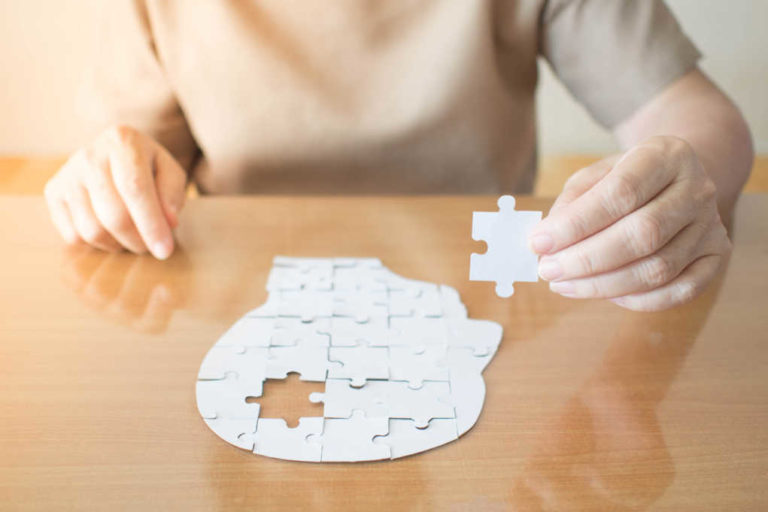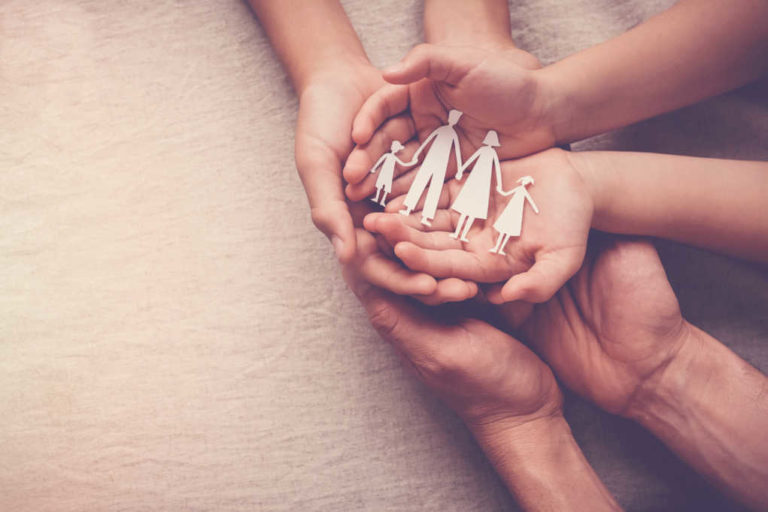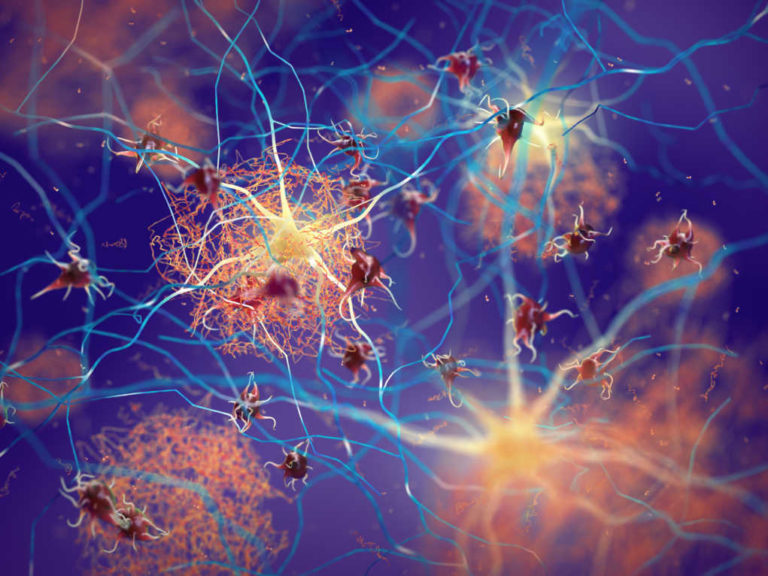Memory plays a vital role in our daily lives. Our memories tell us where we have been and who we are.
Memory helps us learn, grow and socialize. Memory helps us to make decisions, plan the future and navigate a complex world.
Memory can change or fade over time. Our emotions, beliefs and even people around us can influence our memories.
Our memories may not always be accurate.
Dementia and Aging Memories
Memory problems can be caused by Alzheimer’s or dementia in some people.
It’s natural to forget things as you age. You may find it difficult to form a new word, forget someone’s name or lose track of your place.
But dementia isn’t a normal part aging. The condition is marked by a progressive and significant decline in the ability to think and remember, which makes it difficult to perform everyday tasks.
Amnesia, or a loss of memory, is another form. It is usually caused by brain damage from a stroke, head injury, substance abuse or psychological trauma. This can include an inability of the person to recall events that occurred before the injury.
Traumatic Remembering
Some people have difficulty remembering things, and not forgetting them.
For people who suffer from post-traumatic disorder (PTSD), the memories of an event that was traumatic are too strong and overwhelming.
PTSD may develop as a result of a single event such as an accident or a natural disaster or from repeated exposure to traumatizing situations such as abuse or combat. People with PTSD can experience flashbacks, intrusive thoughts, nightmares and intrusive memories of the event.
Obsessive compulsive disorder can lead to an uncontrollable and incessant memory. OCD can cause people to repeatedly recall an unpleasant memory and distress themselves.
False Memories
Memory problems can be caused by other factors than damage or illness. Memory errors are common to everyone.
You may have misunderstood what you heard or saw. You may have filled in blanks in your memory by using inaccurate information. Maybe you mixed up someone else’s ideas with your own.
When you recount the events, incorrect information may also be revealed. As you tell the story again and again, certain details will change or be added. It happens by accident, and without the intention of deceiving.
Eyewitness testimonies can be unreliable , and lead to serious consequences such as wrongful convictions.
How To Remember Better
The memory is rarely perfect. It changes and fades.
There are things that you can do to improve your memory and the likelihood of your memories being accurate:
- Sleep well
- Exercise regularly
- Eat a healthy diet
- Manage stress
- Stay socially active
- Challenge your mind and learn new things
- Use mnemonics such as rhymes, acronyms and mental images
- Mindfulness meditation is a way to be more present in the moment.
- Write in a journal or take notes
- Question your memories and review them regularly
Speak to your doctor if you are concerned about memory problems. Some types of memory disorders can be treated.







